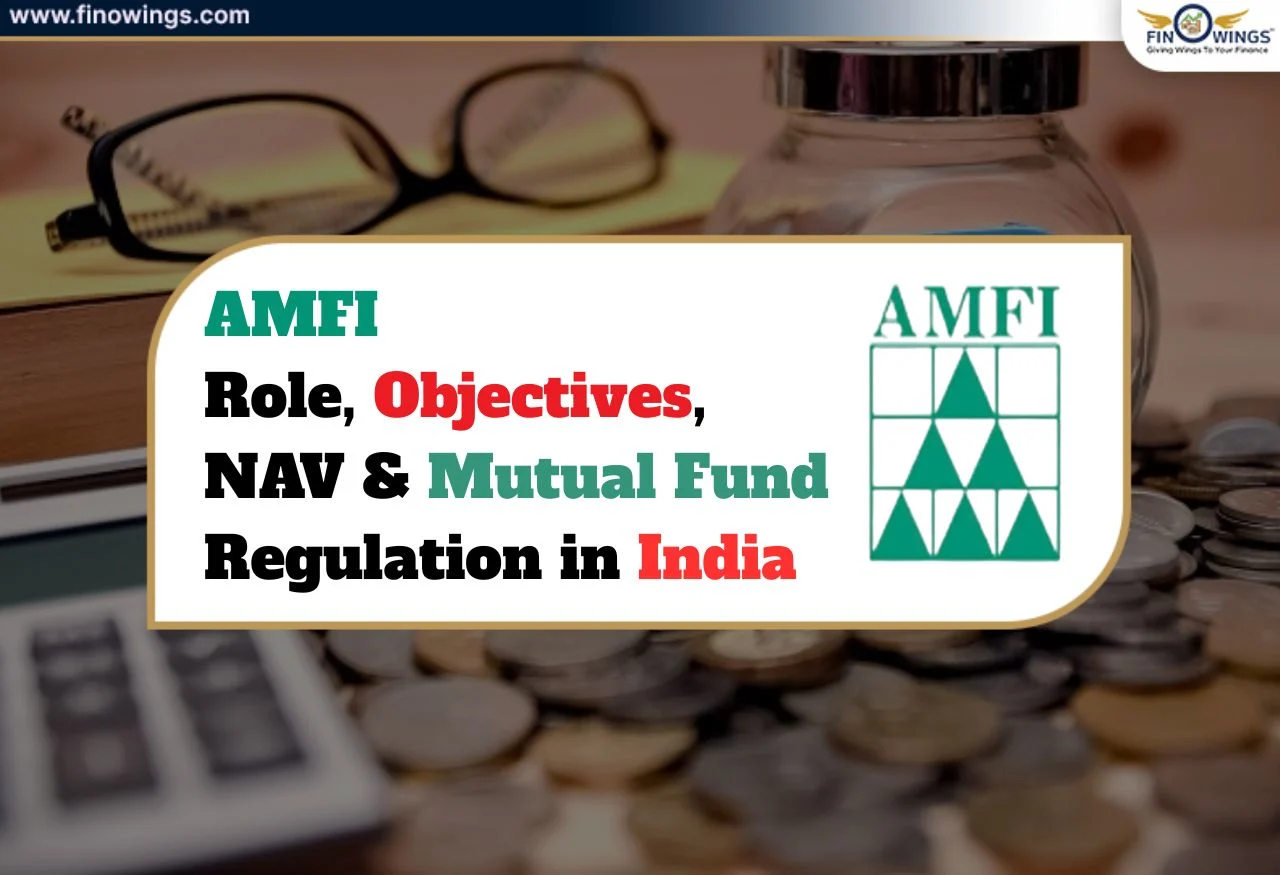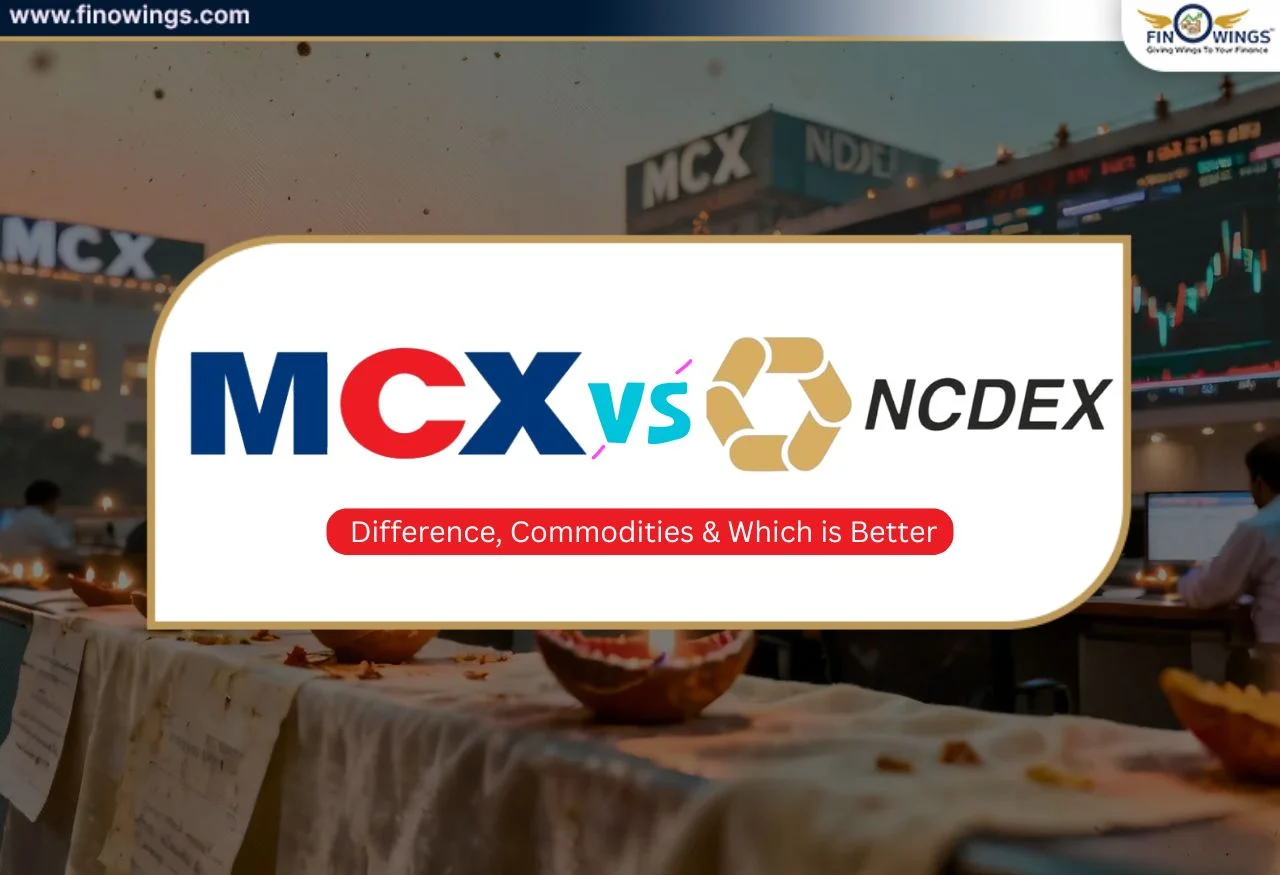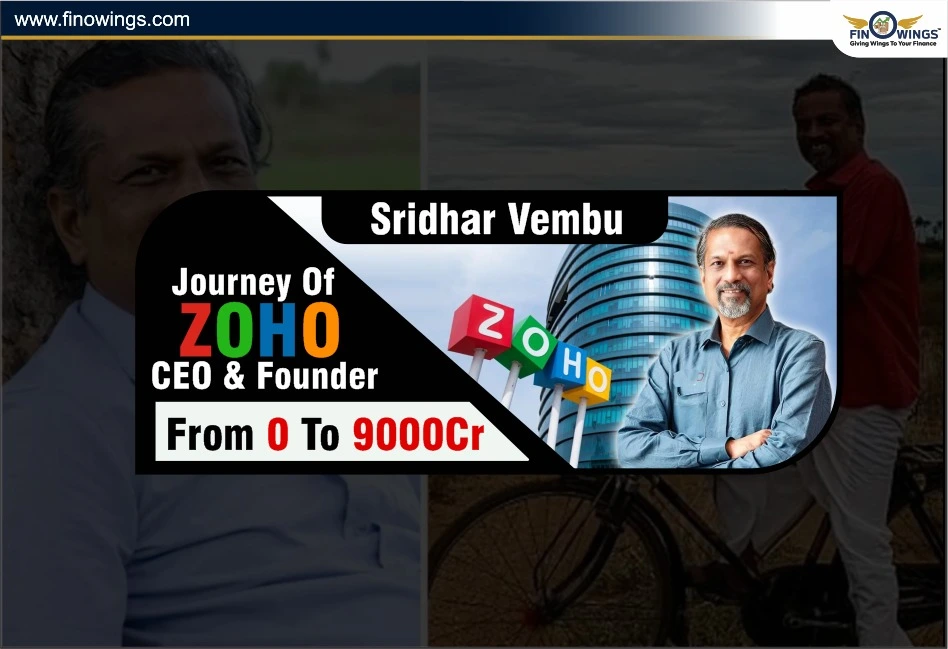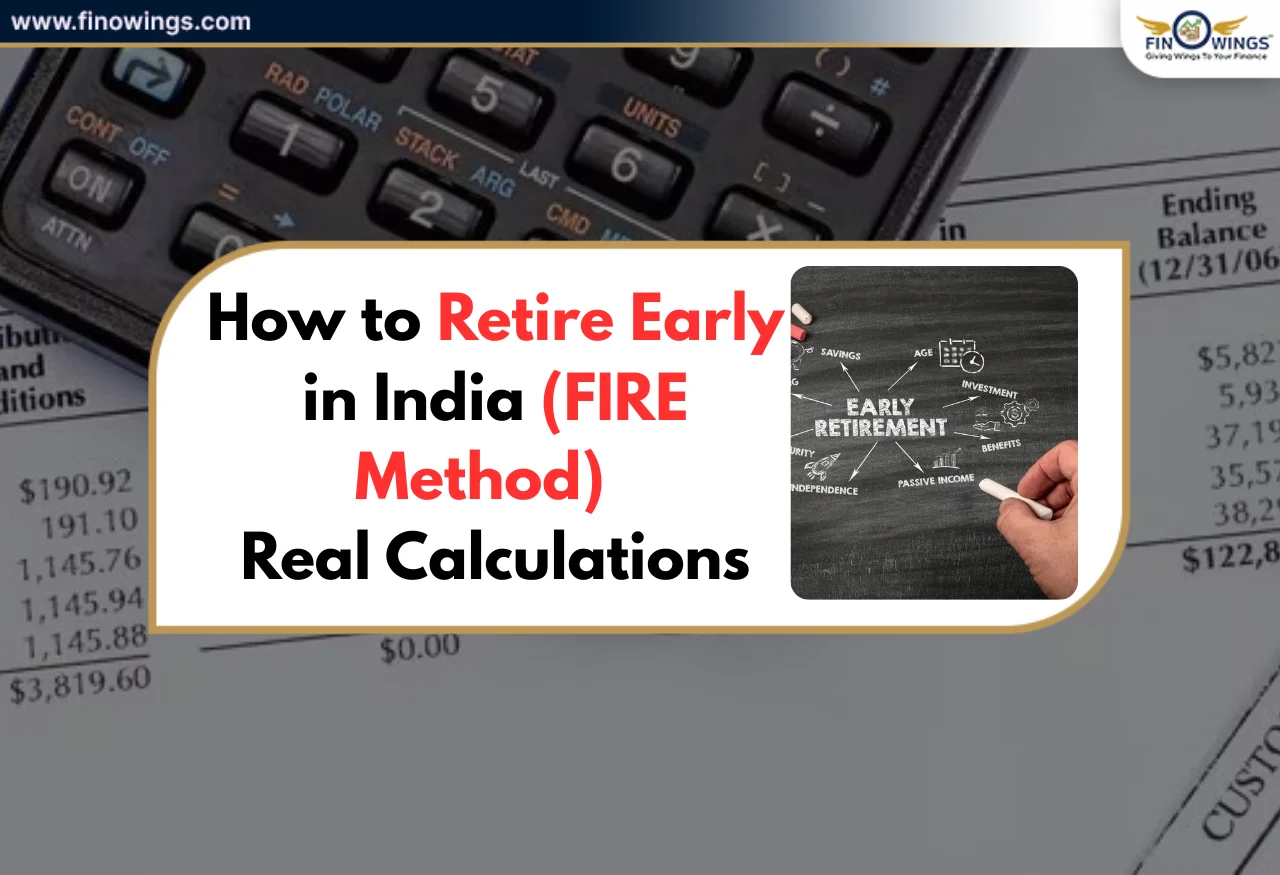Home >> Blog >> INFLUENCER TAX IN INDIA
INFLUENCER TAX IN INDIA

Table of Contents
Introduction
Social media influencers at the moment are an important role in any organization ’s advertising and marketing strategy. They have got the power to influence greater humans in the direction of company’s services or products due to their wider virtual presence and recognition.
Many companies are investing a good-sized quantity of time and assets into executing a hit influencer advertising and marketing campaigns. They usually partner with specific influencers to create content within the shape of reels, posts, snaps, stories or films to put it up for sale the goods and offerings of the companies they associating with.
This allows them to construct their personal brand, which will increase future sales and loyalty of customers for a commercial organisation . Whenever you open any social media app like Instagram or Facebook or Twitter, you'll find a swarm of limitless merchandise being encouraged by these influencers. Whether it’s a pair of shoes or a beauty product, you’ll discover the vast varieties of products, irrespective of how small or huge they are, being promoted through influencers on their glamorous-looking social media pages.
Additionally, they get to hold numerous products they sell and the Indian government has now decided to tax them for those products, which might shed extra light on the murky waters of social media.
Legal Provision
Finance Act 2022 inserted a new section 194R in the Income Tax Act, 1961 with effect from 1st July 2022. This section mandates a person imparting any benefit or perquisite to another person for their business/profession, to deduct tax at source @ 10% of the aggregate of value of such benefit or perquisite.
The benefit or perquisite may be in cash or kind. It is pertinent to note that in case, the aggregate value of benefit is less than Rs. 20,000, TDS is not applicable under this section. Now, an interesting query is with a view to TDS be deducted at the product given to a social media influencer for promotion. Let’s find out.
According to the Central Board of Direct Taxes (CBDT), the influencers will have a 10% TDS if they keep the product given for promotion. But, in the event that they return back the product to the organization after the advertising is performed, TDS will not be deducted.
Illustration
Assume, social media influencer Roshni Malik gets a cell phone worth Rs. 1,18,000 (cell phone 1 lakh plus GST 18,000) from organization X, automobile worth Rs. 15 lakhs from organization Y and cosmetics really worth Rs. 15,000 from employer Z. Roshni charges fees of Rs. 5,000 to X, Y, Z each. Now, Roshni promotes these products and keeps the mobile and cosmetics together with her.
She returns the automobile to organization Y after the merchandising. Considering that Roshni has no longer back the products to business organization X and Z, it'd be considered as benefit or perquisite furnished for the motive of organization. X shall deduct TDS u/s 194R at the cost of the mobile apart from GST.
TDS liability would be Rs. 10,000 which shall be retained from the fees payable to Roshni. For organisation Z, the fee provided does not exceed Rs. 20,000 and as a result no TDS legal responsibility would get up to organisation Z. For Y, the automobile is returned back, there is no benefit that's furnished to Roshni over and above the charges charged by her and therefore, no requirement to deduct TDS. Suppose, Roshni advertises of one extra product for organization Z and receives glasses worth Rs. 10,000 from organization Z. Now, the combination fee of benefits supplied via organisation Z to Roshni is Rs. 25,000 and accordingly
TDS of Rs. 2,500 will have to be deducted beneath Section 194R. Now, Roshni gets a proposal for a product advertising from company A from some other town. She charged fees of Rs. 50,000 to organization A. Roshni does the product advertising and returns the product to organization A and believes that no TDS shall be deducted. She incurred journey expenditure of Rs. 35,000 that's reimbursed by organization.
Typically, the fees received is their earnings and the expenditure incurred on tour is the expenditure deductible from such income in computing general earnings. Now, if this travel expenditure is met by means of the organisation A, hence TDS is to be deducted u/s194R. Consequently, TDS of Rs. 3,500 shall be deducted from the fees payable to Roshni.
Impact of latest TDS rule
This will affect on micro-influencers (those who have a 100,000 to one million followers) negatively as they primarily do barter associations handiest. It is a way for them to construct relationships with those brands whilst they may be putting in place their base inside the subject.
This section will also affect tech influencers as they receive gadgets for review from brands to keep. Both the tech manufacturers and influencers should tune those exchanges in element. Travel influencers get flight or resort tickets in alternate for promoting. It will be tricky for those influencers to work as it was collectively useful for both of them.
Reason for advent of this section
The reason for introduction of this new section is because this is an unorganized sector and the government desires to deliver the complete industry beneath the tax ambit.
This is a brand-new breed of professionals which are getting created. This indicates a large validation for the influencer space. Given the robust boom the influencer area has been seeing in sales, it became necessary to have regulatory framework.
This section is a warning call for creators and companies who have been very actively running via barter deals. Whilst barter can be a good way to pay in type, it doesn’t help creators pay their bills. This regulation became a want because an income via any mode is an earning and one has to pay tax on it.
Earning profits on brand deals and offers
With the introduction of this section, the earnings of the influencers will be largely affected because quite a lot of collaborations are barter and sampling-primarily based. The gray place may make some influencers hesitant approximately such collaborations altogether.
Indian influencers now paying taxes on the freebies they obtain will lead them to suppose twice about whether or not they want to collaborate with an organisation and sell a product due to the fact that product will now come at a price for them.
Advantages to Influencers
This new regulation recognises the content creator economy of the social media, which become much wished. The move can have a bunch of outcomes on the financial system.
Building trust –
Creators will no longer do promotions for the sake of it, instead they will have a tendency to use the product, become aware of it in and out, and after that capture it on their stories. This will increase transparency and credibility and also build a relationship with audience, that's important for them in the long run.
Huge hit to precise niches –
Any niche that has its brands spend greater than Rs. 20,000 (could be affected like travel, tech or fashion. If a company sponsors a vacation of a travel influencer for Rs 1 lakh, then they will need to pay 10% tax on that amount. Equal is going with the tech influencers as they regularly get freebies above Rs 20,000. The influencers will now have do right due diligence of each product.
New gifting system is tenable-
It has additionally been notified through the CBDT that no charges will be carried out if the gifts are returned back to the employer after the purpose of sales promotion has been fulfilled. So, it is secure to mention that creators may go back the products to the respective brand after the advertising is accomplished.
Big hit to budding content creators –
This will have major impact on the budding creators as they will have to pay taxes on gifts above Rs 20,000, and it might pinch their pockets a piece harder. But the brighter aspect of this is, they can stride a fair cope with the brands with the aid of soliciting for a nominal rate to lift some tax burden in return of promotion of their product.
Summing up
The content pushed trade has turned out to be a main force in the Indian patron internet space over the past few years and the new step of TDS ruling taken by the Indian Government is one way to faucet this growth and growth the transparency in the brand and influencer-pushed fashions. The biggest attention in expertise whether or not the TDS could have a terrible chilling effect on content creators and influencers, or whether the brands and the businesses leveraging them will do the heavy lifting. While the new section for influencers has brought up some issues about stifling the growth of the influencer economy, startups in the area and D2C brands have welcomed the move as the formalisation of the creator economy will help brands to allocate spending on the idea of performance statistics, rather than splurging blindly.













.webp)


